
Maybe part of the problem relates to students feeling pressured to stick to a major because they do not know that most people in college change majors at least once.
utulsa.edu/news/normali...
@disruptsel.bsky.social
an LLM trained on forty plus years of public education policy and reform (figuratively, not literally - because not everyone gets it’s a joke)

Maybe part of the problem relates to students feeling pressured to stick to a major because they do not know that most people in college change majors at least once.
utulsa.edu/news/normali...
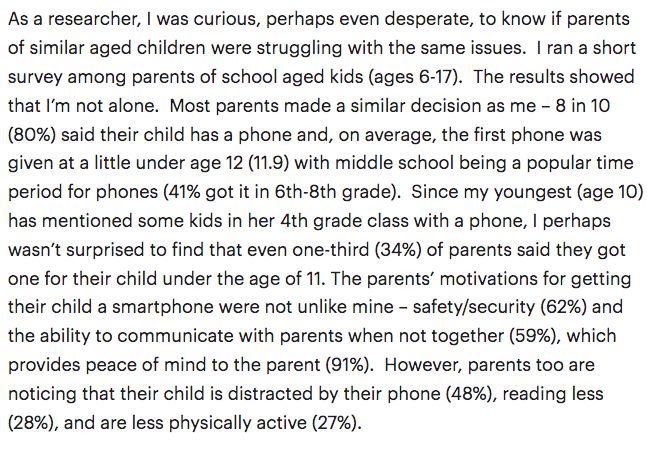
Is this a representative sample of children with smartphones?
According a previous Harris Poll study (6/2024), 1/3 of parents report giving their child a phone before the age of 11.
The Atlantic article is based on a Harris poll that sampled 8 to 12 year olds.
theharrispoll.com/briefs/scree...
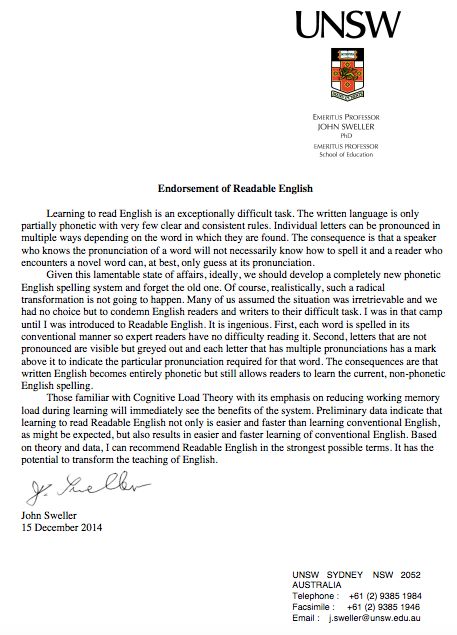
Here is his official endorsement:
readablenglish.com/hubfs/Swelle...
The claim that this person is one of the godfather's of the Science of Learning (SOL) is a bit of a stretch.
As a brand, the SOL traces its origins to the timeline described in this multi-post thread:
bsky.app/profile/disr...
In fact, Dr. Sweller has looked into how cognitive load theory provides a rationale for developing an entirely new phonetic system and promotes this transformational product:
readablenglish.com/cognitive-lo...
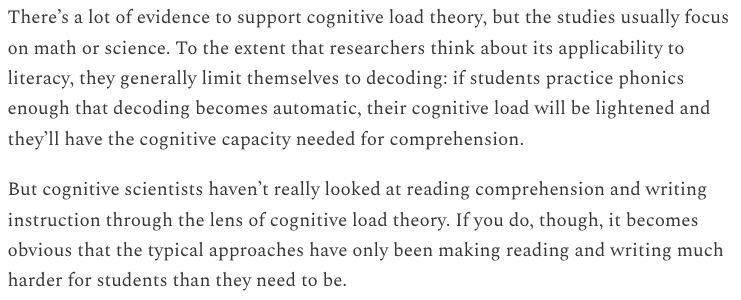
Is it true that cognitive scientists have not examined reading comprehension through the lens of cognitive load theory.
The cognitive psychologist John Sweller has:
psycnet.apa.org/record/2020-...
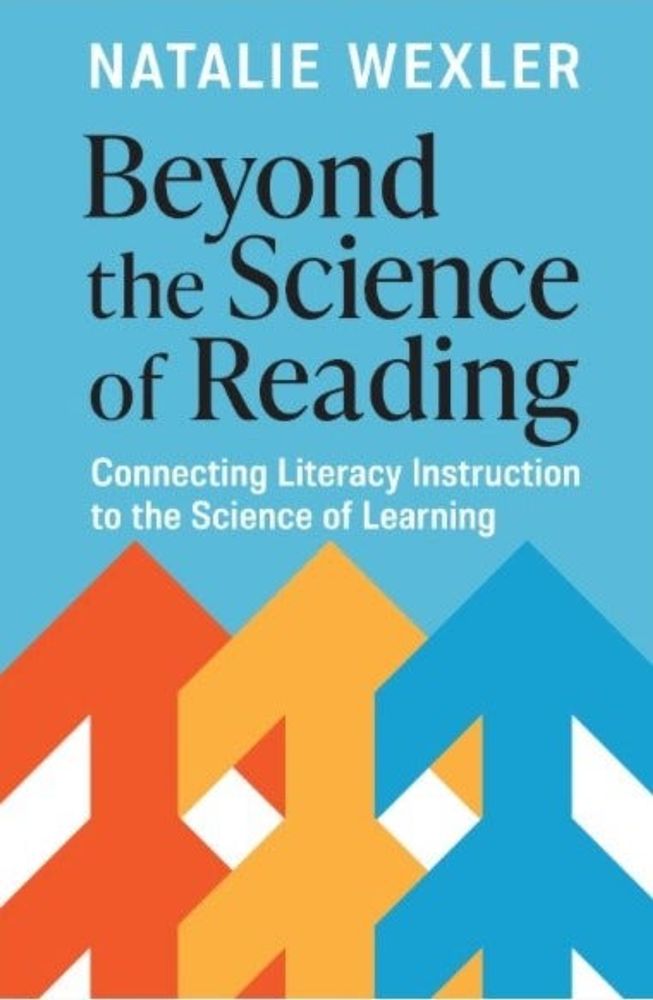
Let's look at an example of an education journalist attempting a cogsci cosplay courtesy of Natalie Wexler invoking the Science of Learning as a remedy for the comprehension crisis amongst students.
nataliewexler.substack.com/p/beyond-the...
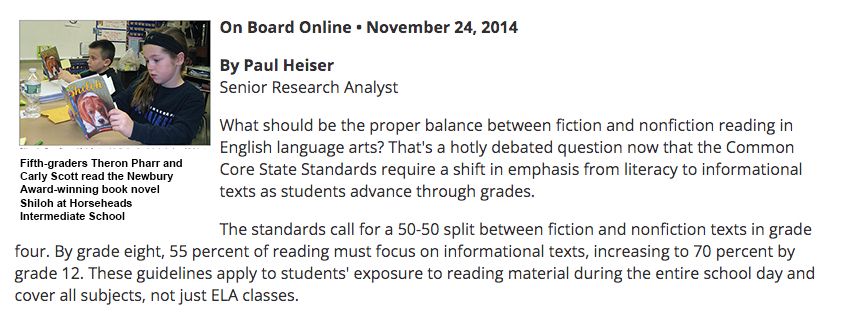
Remember the Common Core emphasized non-fiction texts which young readers may find less enjoyable than fictional ones.
By 12th grade, students were reading 70% non-fiction texts, which helps explain the “crisis” of them being unable to read novels in college.
www.nyssba.org/news/2014/11...
Placed in this context, we can better understand why the drop in reading for fun accelerates for all groups around the year 2012 as the pressure to meet or exceed developmentally inappropriate standards of performance crowds out positive feelings associated with reading.
bsky.app/profile/disr...
It is, therefore, only fitting that one of the people credited with founding the "Science of Learning" published the book below, insulating himself from criticism by claiming expertise on discerning good science from bad in the field of education:
fordhaminstitute.org/ohio/comment...
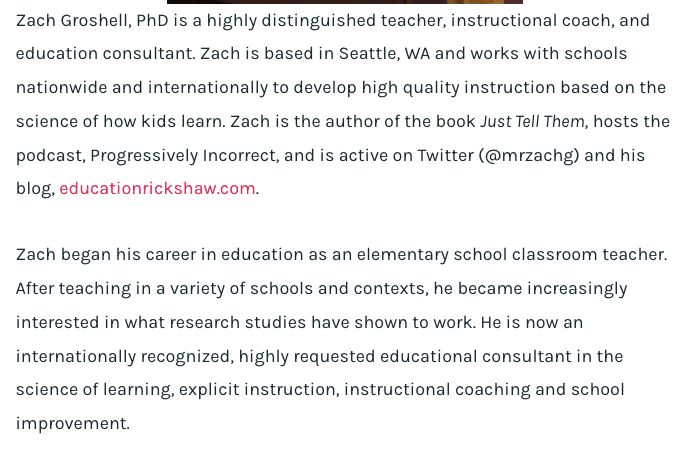
However, his biography would not support this implied claim to authority:
educationrickshaw.com/about/

For example, the link below connects to a review of a book that is described as being informed "by cognitive science and decades of research"to promote direct instruction giving the impression that the author is a "cognitive scientist."
www.learningandthebrain.com/blog/just-te...
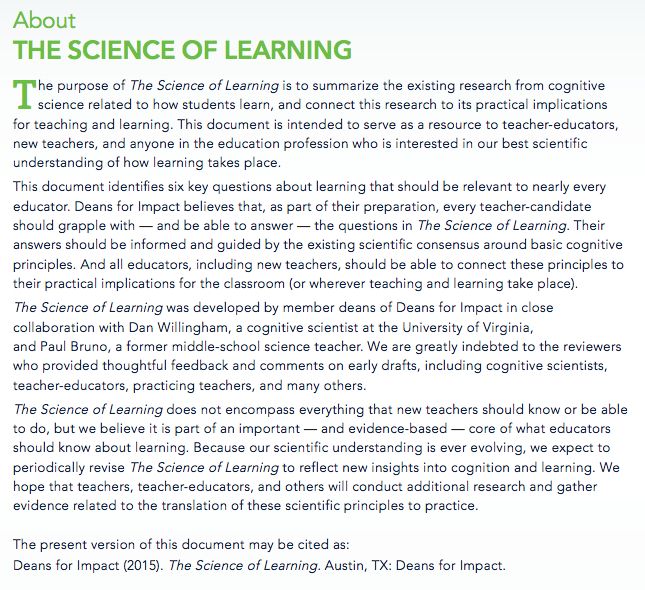
Yes, misuse of terms is a problem, but it seems more like an effect than the cause.
The cause may be how imprecisely the "Science of Learning" is defined and how it allows anyone with a PhD in any of the "cognitive sciences" to speak as an authority.
www.deansforimpact.org/files/assets...
If you ask teachers, a lack of training in cogsci is not the most important problem they face in meeting the social, emotional and academic needs of children.
To be fair, the survey did not include "not understanding the science of learning" as an option.
bsky.app/profile/disr...
Great question:
bsky.app/profile/dran...

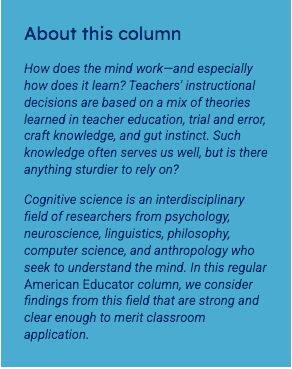
Do you mean that cognitive scientists avoid jargon and ambiguity by precisely defining terms to narrow their field of study?
Is it ethical for cognitive psychologists to refer to themselves as cognitive scientists?
If so, could an anthropologist or a philosopher?
www.aft.org/ae/summer201...
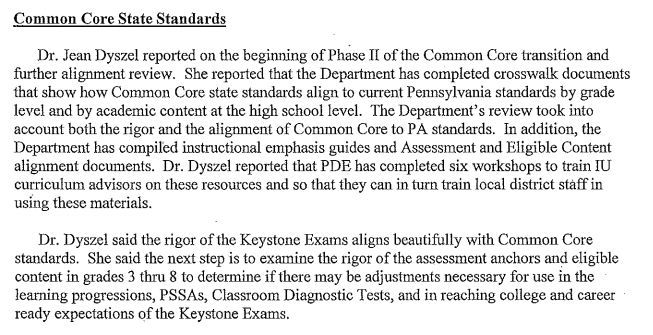
And, the reason the cut scores were raised was to be aligned with the Common Core State Standards, as described in these notes from the Pennsylvania state board of education:
www.pa.gov/content/dam/...
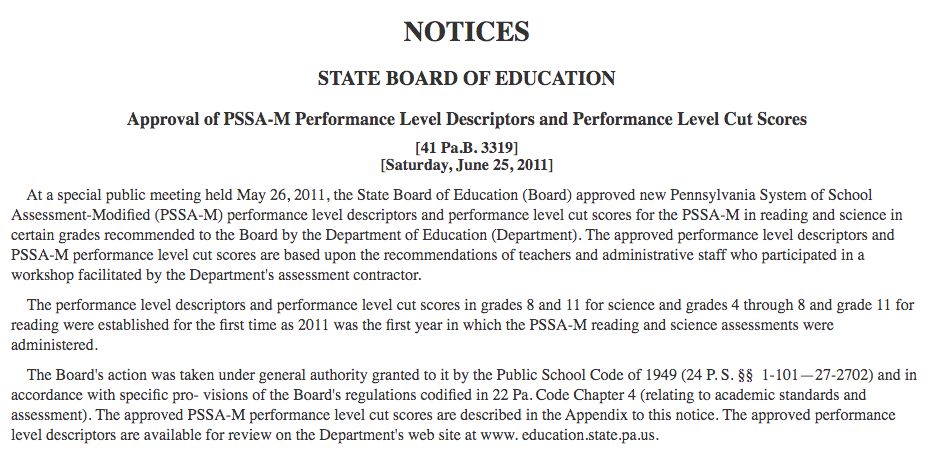
The reading crisis narrative crowds out a more plausible explanation for why scores stagnated.
The state of Pennsylvania raised the cut scores for reading proficiency as described in the notes from the state board of education meeting below:
www.pacodeandbulletin.gov/Display/pabu...
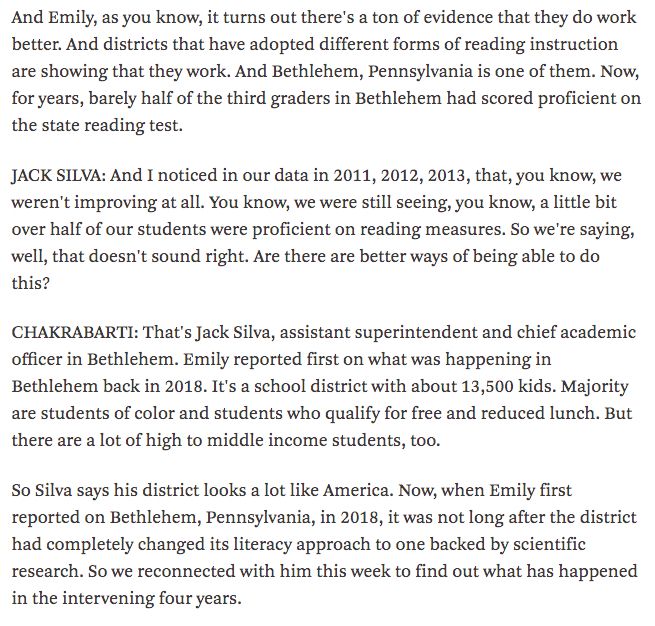
Here is another quote from the article.
This one is from the assistant superintendent who was featured in the Emily Hanford "Hard Words" report that preceded "Sold A Story":
www.wbur.org/onpoint/2022...
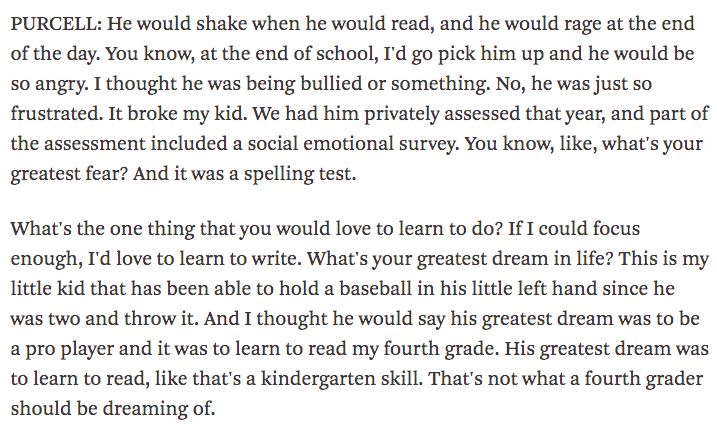
Here is an example of how this pressure contributes to heightened anxiety and negative affective states in children and parents, courtesy of the Emily Hanford approach to investigative education journalism:
www.wbur.org/onpoint/2022...
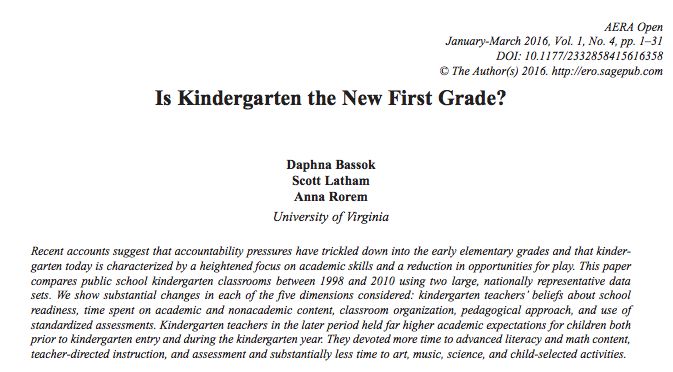
Children in Finland do not receive formal reading instruction until they are seven years old.
As described in the article, the system emphasizes a play and places less stress on children.
Conversely, kindergarten has become the new first grade in the US.
files.eric.ed.gov/fulltext/EJ1...
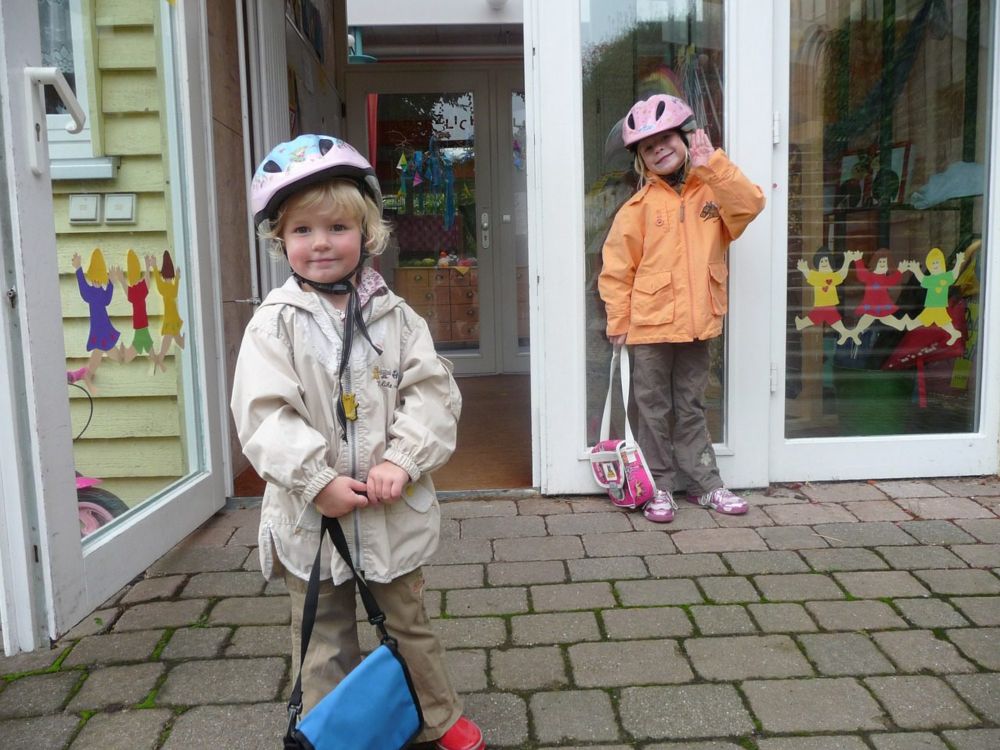
Reduction, enclosure and commodification work to perpetuate the crisis narrative by blocking out competing explanations.
The Science of Reading privileges cognition over development.
Comparing the US and Finish ed systems illustrates this point well:
taughtbyfinland.com/the-joyful-i...
If you have the time, here’s a thread as to how the SOL became an instructionally invasive species in NZ:
bsky.app/profile/disr...
What have you learned about differences between and amongst states that passed laws granting students mental health days, especially for middle/high schoolers?
When chronic absenteeism was officially recognized by ESSA in 2015, it was to address early literacy concerns.
bsky.app/profile/disr...
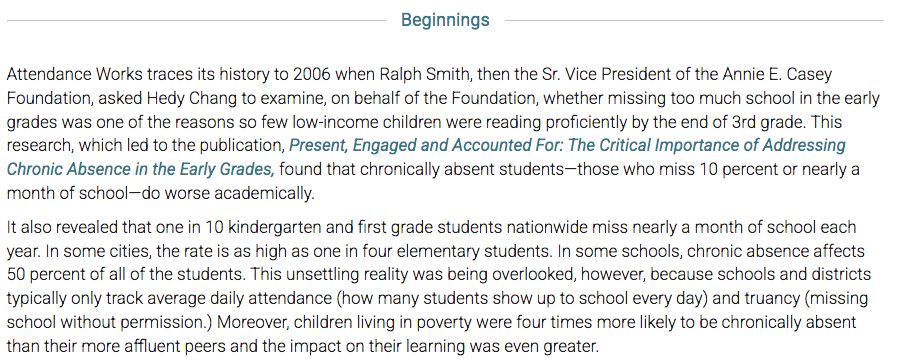
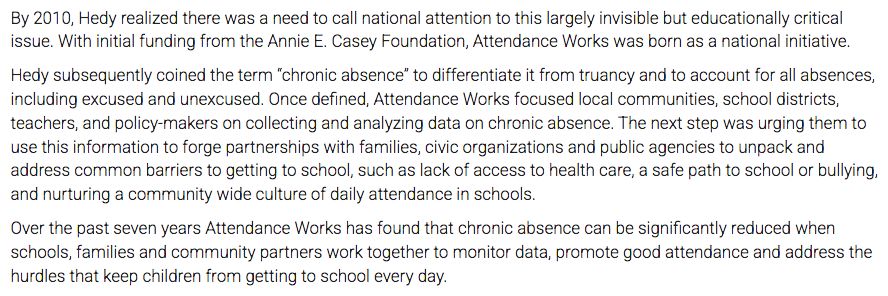
Do your analyses also look at differences across and between states that have granted students mental health days versus those that do not?
This topic is tricky because it was originally defined by AttendanceWorks in relation to literacy but is much broader.
www.attendanceworks.org/our-history/

Did the AEI working group explore data related to chronic absenteeism amongst students with disabilities?
Data from the CDC suggests that this group experiences the highest rates of absences but was excluded from the summary.
www.ed.gov/teaching-and...
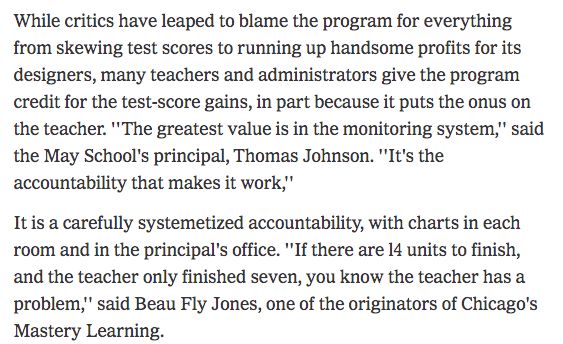
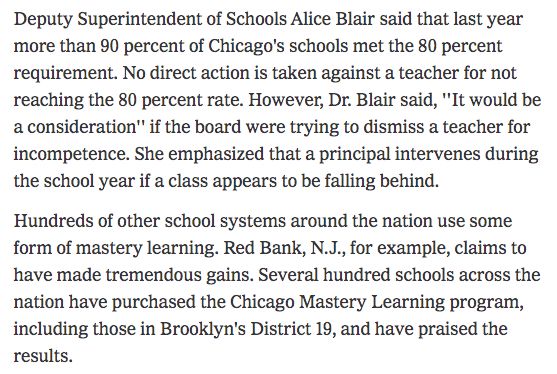
What's interesting is that explicit instruction (based on Bloom's mastery learning model) had its moment of district wide adoption in the 1980s.
As you can see below, the reviews were somewhat mixed.
www.nytimes.com/1983/01/09/e...
It's worth noting that the education journalist who wrote the article featured in The 74 was promoting non-cognitive skills when he was writing for the USA Today.
I think education journalism has a credibility problem, might we call it a "credibility crisis."
bsky.app/profile/disr...
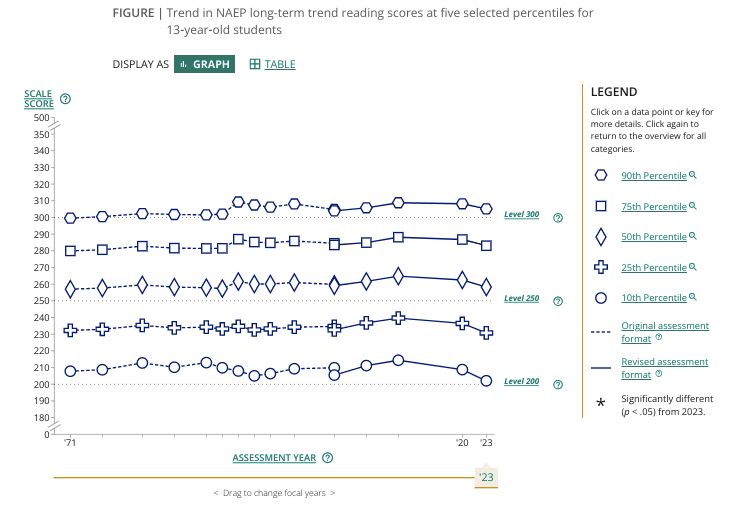
You see the same pattern with reading scores.
This means that the CCSSI exacerbated achievement gaps and contributed to greater inequity with its focus on rigor, excellence and curriculum-aligned assessment.
www.nationsreportcard.gov/ltt/reading/...
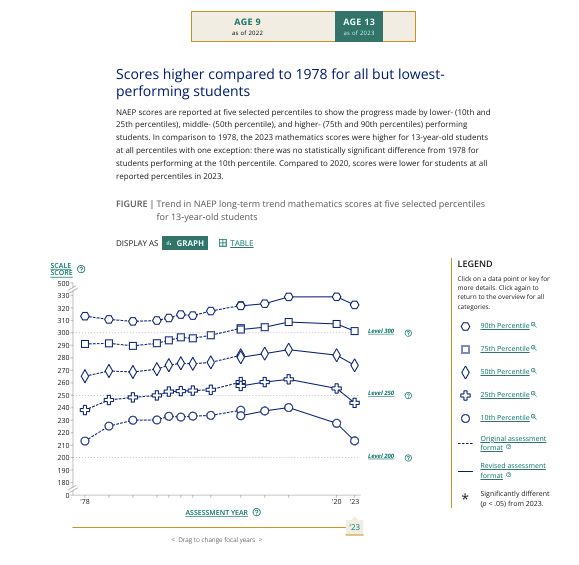
Those math scores are worth unpacking by looking at average scores based on percentile rank.
What you see is that students scoring at the 50th percentile and below declined the most following the adoption of the CCSS.
www.nationsreportcard.gov/ltt/mathemat...